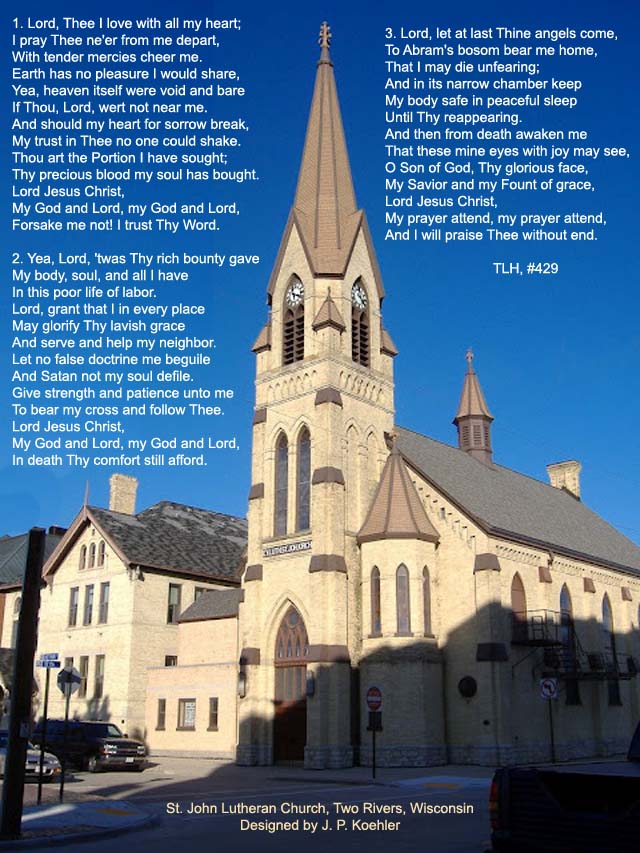 |
| http://en.m.wikipedia.org/wiki/Medal_of_Honor#section_4 |
 |
| Sgt. John Baker, Moline, RIP. |
The President may award, and present in the name of Congress, a medal of honor of appropriate design, with ribbons and appurtenances, to a person who while a member of the Army (naval service; Navy and Marine Corps) (Air Force) (Coast Guard), distinguished himself conspicuously by gallantry and intrepidity at the risk of his life above and beyond the call of duty.[80]
Privileges and courtesies
The Medal of Honor confers special privileges on its recipients. By law, recipients have several benefits:[81][82]
- Each Medal of Honor recipient may have his or her name entered on the Medal of Honor Roll (38 U.S.C. § 1560). Each person whose name is placed on the Medal of Honor Roll is certified to the United States Department of Veterans Affairs as being entitled to receive a monthly pension above and beyond any military pensions or other benefits for which they may be eligible. The pension is subject to cost-of-living increases; as of 2011, it is $1,237 a month.[83]
- Enlisted recipients of the Medal of Honor are entitled to a supplemental uniform allowance.[84]
- Recipients receive special entitlements to air transportation under the provisions of DOD Regulation 4515.13-R. This benefit allows the recipient to travel as he or she deems fit across geographical locations, and allows the recipient's dependents to travel either Overseas-Overseas, Overseas-Continental US, or Continental US-Overseas when accompanied by the recipient.[85]
- Special identification cards and commissary and exchange privileges are provided for Medal of Honor recipients and their eligible dependents.[86]
- Recipients are granted eligibility for interment at Arlington National Cemetery, if not otherwise eligible.[87]
- Fully qualified children of recipients are eligible for admission to the United States military academies without regard to the nomination and quota requirements.[88]
- Recipients receive a 10 percent increase in retired pay.[89]
- Those awarded the medal after October 23, 2002, receive a Medal of Honor Flag. The law specified that all 103 living prior recipients as of that date would receive a flag.[90]
- Recipients receive an invitation to all future presidential inaugurations and inaugural balls.[91]
- As with all medals, retired personnel may wear the Medal of Honor on "appropriate" civilian clothing. Regulations specify that recipients of the Medal of Honor are allowed to wear the uniform "at their pleasure" with standard restrictions on political, commercial, or extremist purposes (other former members of the armed forces may do so only at certain ceremonial occasions).[92]
- Most states (40) offer a special license plate for certain types of vehicles to recipients at little or low cost to the recipient.[93] The states that do not offer Medal of Honor specific license plate offer special license plates for veterans which recipients may be eligible for.[94]
Saluting
- Although not required by law or military regulation,[95] members of the uniformed services are encouraged to render salutes to recipients of the Medal of Honor as a matter of respect and courtesy regardless of rank or status and, if the recipients are wearing the medal, whether or not they are in uniform.[96] This is the only instance where a living member of the military will receive salute from members of a higher rank.







































